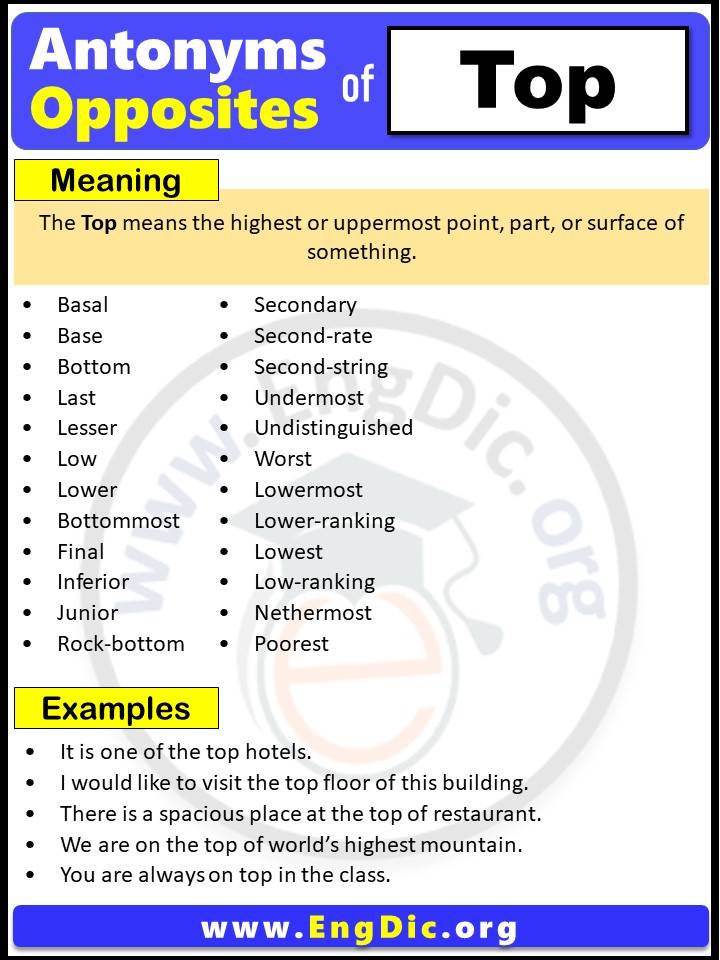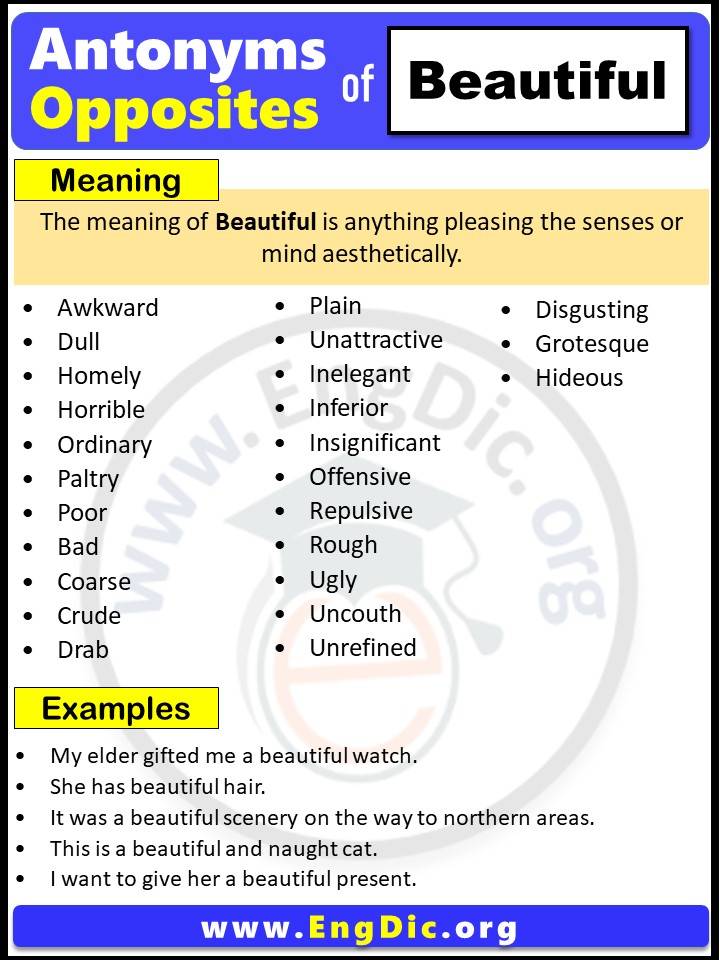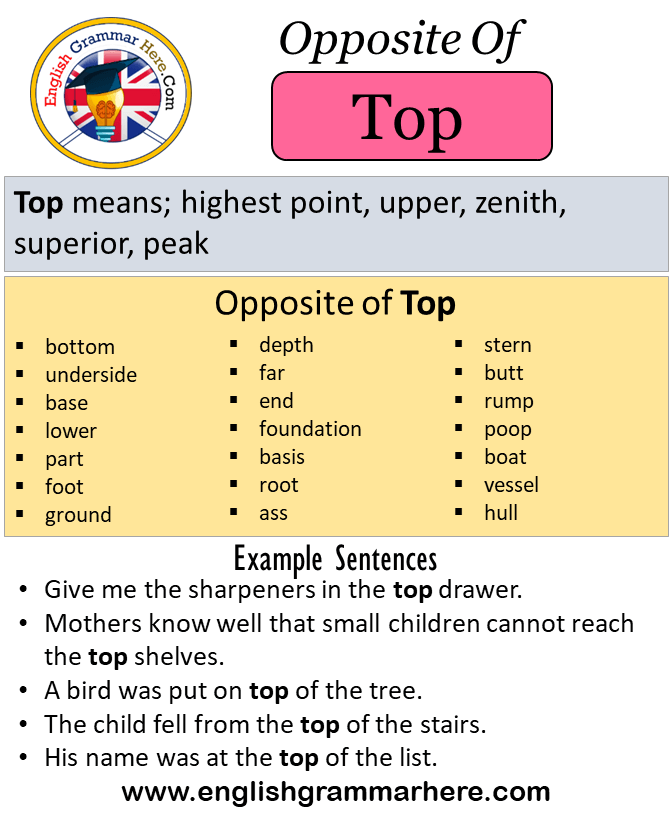Have you ever considered the flip side of success, the shadow cast by greatness? Understanding the antonyms of "highest" unlocks a deeper understanding of language and the nuances of meaning.
The word "highest," a superlative adjective, denotes the uppermost point, degree, or rank. But to truly grasp its significance, we must explore its opposites. Antonyms provide contrast, offering alternative perspectives and enriching our vocabulary. The most direct antonyms for "highest" include "lowest," "bottom," and "bottommost." These words immediately conjure images of physical elevation, or the lack thereof. However, the spectrum of antonyms extends far beyond simple spatial relations. "Worst," "poorest," "inferior," "lesser," and "secondary" all serve as antonyms in different contexts, particularly when "highest" refers to quality, status, or importance. Think of a corporate hierarchy: the "highest" position represents the CEO, while those in "lower" or "secondary" roles occupy different levels of responsibility. In terms of achievement, the "highest" score on a test is the best, while the "lowest" score indicates the poorest performance. Even the words "last" can sometimes serve as an antonym, particularly when describing order or sequence.
| Category | Details |
|---|---|
| Word | Highest |
| Part of Speech | Adjective (Superlative) |
| Direct Antonyms | Lowest, Bottom, Bottommost |
| Contextual Antonyms | Worst, Poorest, Inferior, Lesser, Secondary, Last |
| Synonyms for Highest | Top, Upper, Loftiest, Topmost, Uppermost, Upmost, Premier, Paramount, Supreme |
| Use in Sentences |
|
| Reference | Merriam-Webster Dictionary |
Consider the phrase "on top of the world." It signifies a state of supreme happiness and accomplishment. The antonyms for "on top of," such as "beneath," "below," "underneath," and "at the bottom of," paint a drastically different picture. They suggest a state of being overwhelmed, suppressed, or defeated. The contrast is stark and revealing.
- Kevin Harts I Wanna Go Home Viral Meme The Funniest Moments
- Lego 2000s Sets Discover Inventories Manuals More
Exploring antonyms also illuminates the subtle nuances within groups of similar words. For example, while "low" is a general antonym for "high," other words like "short," "stunted," "dwarfed," "stumpy," "diminutive," "little," "miniature," and "small" offer more specific descriptions of reduced height. The choice of antonym depends on the precise context and the intended emphasis. Describing a tree as "short" is different from describing it as "stunted," which implies a hindered growth. Similarly, calling a person "small" is not the same as calling them "dwarfed," which carries specific connotations about their physical development.
The concept of "highest point" also yields a diverse range of antonyms. While "lowest point" is a simple inversion, words like "depth," "abyss," "nadir," "pit," "bed," "bedrock," "bottom," "floor," "bowels," and "chasm" evoke a sense of profound descent and hidden recesses. "Nadir," in particular, refers to the lowest point of something, often in a metaphorical sense, such as the nadir of someone's career or the nadir of a country's economy. The word "abyss" suggests a vast, immeasurable void, while "chasm" implies a deep, gaping fissure. Each antonym paints a unique picture of the opposite of the "highest point."
When considering "higher," the comparative form of "high," the antonyms shift slightly. "Lower," "shorter," "stumpier," "less," "smaller," "tinier," "measlier," "runtier," "squatter," and "stubbier" all represent varying degrees of reduction or inferiority. "Shorter" and "smaller" are straightforward comparisons of size, while "stumpier" and "stubbier" suggest a blunt or truncated form. "Measlier" and "runtier" carry connotations of weakness and inferiority, often used to describe the less successful or less developed members of a group. Choosing the appropriate antonym depends on the specific characteristic being compared.
- 90s High School Hustle Misfits Homework Ring No One Will Miss Us
- Millie Bobby Brown Noah Schnapp Friendship Life More
Even the action of "climbing" has a rich set of antonyms. "Downhill," "lowering," "descending," "dwindling," "plummeting," "ground," "diminishing," "declining," "waning," and "fading" all describe movements in the opposite direction or processes of reduction and decay. "Descending" and "lowering" are direct opposites of climbing, while "plummeting" suggests a rapid and uncontrolled fall. "Dwindling," "diminishing," "declining," "waning," and "fading" imply a gradual reduction in size, strength, or intensity. The choice of antonym depends on the specific context of the climbing action and the intended emphasis on the downward movement or diminishing quality.
Understanding antonyms is not merely an exercise in vocabulary building; it's a crucial skill for effective communication and critical thinking. By recognizing the opposite meanings of words, we can better understand their nuances and use them with greater precision. Antonyms also help us to clarify our thoughts and express ourselves more effectively. When faced with a complex concept, considering its opposite can often provide valuable insights and perspectives.
Furthermore, the use of antonyms enhances the richness and complexity of language. By juxtaposing opposing ideas, we can create a more vivid and engaging experience for the reader or listener. Antonyms are particularly useful in creating contrast, highlighting differences, and emphasizing key points. They can also be used to create irony, satire, and other forms of figurative language.
In the context of crossword puzzles, finding the antonym of "highest" can be a fun and challenging exercise. A three-letter answer like "low" is a common solution, but the specific clue may require a more nuanced understanding of the word's possible antonyms. The ability to think creatively and consider different meanings is essential for solving such puzzles.
The search for antonyms extends beyond simple dictionary definitions. Online resources like WordHippo.com and Thesaurus.com offer comprehensive lists of antonyms and related words, along with example sentences and usage notes. These resources can be invaluable for expanding one's vocabulary and improving one's understanding of language.
Ultimately, the study of antonyms is a lifelong pursuit. As language evolves and new words are coined, the relationships between words continue to shift and change. By remaining curious and engaged with language, we can deepen our understanding of the world around us and communicate more effectively with others.
The concept of "top" as the upper part of anything also has interesting antonyms. "Down there," "below," "beneath," "under," "down below," and "down underneath" all describe locations that are lower in position. The phrase "I'm on top of the world" is a common idiom expressing great happiness, and its opposite would be a feeling of being overwhelmed or defeated. Similarly, the phrase "the top man" refers to the person in charge, and its opposite would be someone in a subordinate position.
Even seemingly simple phrases like "the top of the hill was bare" can be analyzed in terms of antonyms. The opposite of the top of the hill could be the bottom of the hill, which might be covered in vegetation or other features. The contrast between the bare top and the potentially lush bottom highlights the different characteristics of the landscape.
The application of antonyms extends to various fields, from literature and rhetoric to science and technology. In literature, antonyms can be used to create dramatic tension, develop characters, and explore complex themes. In rhetoric, antonyms can be used to persuade audiences, emphasize points, and create memorable phrases. In science and technology, antonyms can be used to define concepts, classify objects, and analyze data.
For example, in physics, the concept of "highest energy" is often contrasted with "lowest energy." In computer science, the concept of "highest priority" is often contrasted with "lowest priority." In economics, the concept of "highest demand" is often contrasted with "lowest demand." These contrasting concepts are essential for understanding the underlying principles of these fields.
In conclusion, exploring the antonyms of "highest" and related words reveals the richness and complexity of language. By understanding the opposite meanings of words, we can better understand their nuances, communicate more effectively, and think more critically about the world around us. The search for antonyms is a lifelong pursuit that can enhance our vocabulary, improve our communication skills, and deepen our understanding of the human experience.
Indeed, most people use antonyms all the time without realizing it.
- Relive 1998 Baltimore Ravens Season Stats Roster More
- Delfinos Hair Salon Services Locations More Find Here


